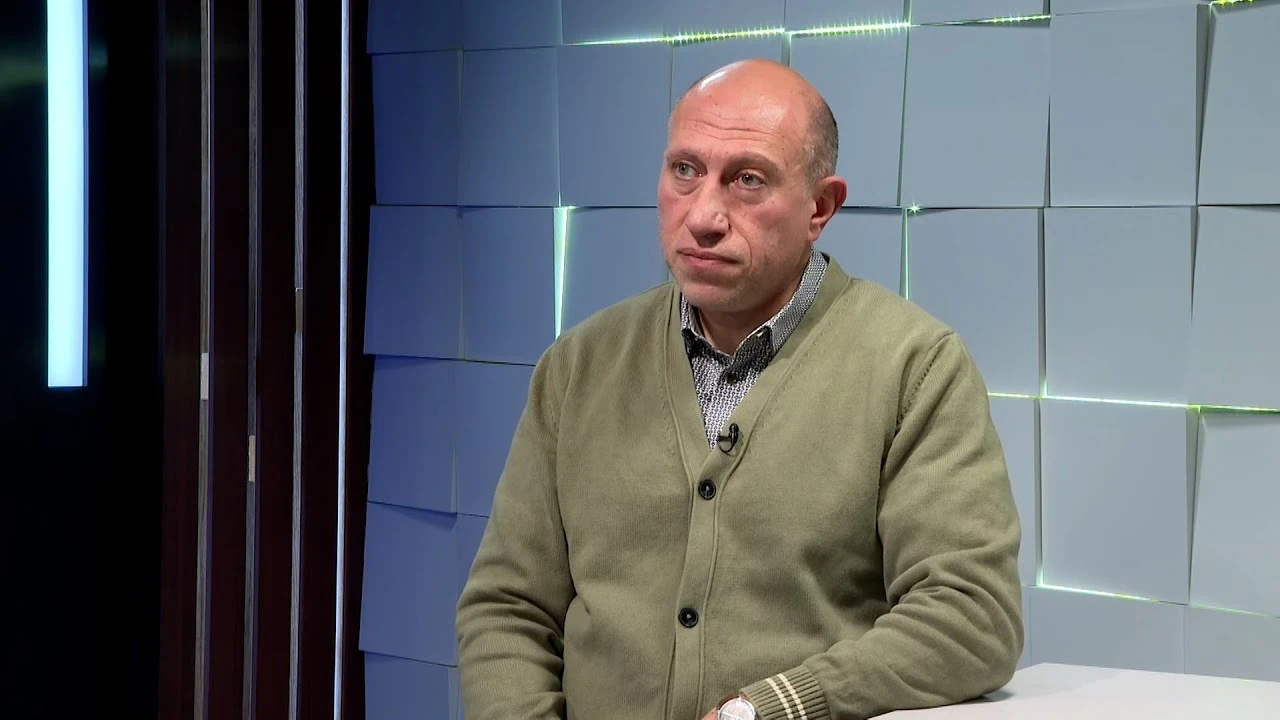Baku is planning a very consistent and methodical attack against Syunik: Hakob Badalyan



The channel of direct and indirect diplomatic contacts between Iran and the United States is also working. Vardan Voskanyan
Political lying as state policy. Suren Surenyants
The number of car accidents is steadily decreasing. Pashinyan gave numbers and mentioned one of the reasons
"4 months without you". 4 months after her father's murder, Valodya Grigoryan's daughter made a touching note
"I don't want to believe, I can't even imagine that our Zara is no more." Ashot Ghazaryan
I already miss your laugh and smile. Zara Aramyan's daughter's touching post
"The best are leaving". Rafael Yeranosyan's touching post after Zara Aramyan's death
It is hard to say whether this is the result of an agreement or just Maduro's luck. Suren Sargsyan
Pashinyan and 10 tyrants took a historic step, the goal of which is the disintegration and disintegration of the Armenian Church. Zurabyan
It is a "noble" state of truly taking care of others. Voskanyan
Maduro is paying not only for his activities, but also for bringing China into the region. Suren Sargsyan
Surenyan said how long the rainfall will continue in Yerevan
One should not light a candle, cross oneself with one hand, and knock on the holy door of the Lord's house with the other
Ambassador Quinn will return to Washington just one month before the end of his tenure. Suren Sargsyan
The most serious and dangerous consequence concerns the NSS as a state institution. Surens
Do you consider Nikoli to be the opposition or the parliamentary opposition? Eduard Sharmazanov
The renegade leader of Artsakh Diocese did not lead people in Artsakh, now he preaches immorality
Blackmail, bribery, promise of position and nothing can be exchanged for dignity. Father Zareh, Bishop Gevorg
If Kirantsi is so good, why has the number of students decreased? Oskan Sargsyan
In the framework of the multi-layered hostile policy towards Armenia, the "map", "place name" and other "details" are a direct indicator not of peace, but of the ongoing hybrid war. Vardan Voskanyan